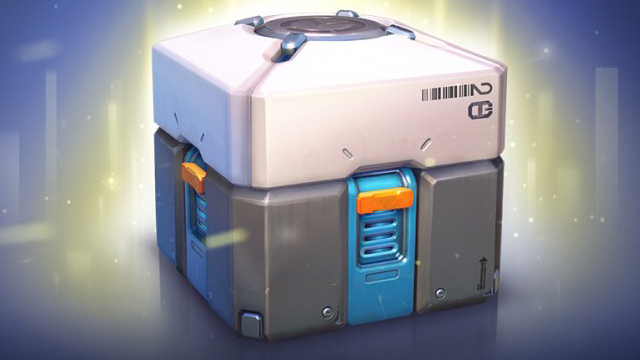Sony, Nintendo, and Microsoft are working on a loot box odds disclosure policy. The news was revealed by the Entertainment Software Association, stating that the major console manufacturers are have pledged to address the loot box system, one of the most sensitive video game topics of the latest decade.
According to GamesIndustry.biz, it was Michael Warnecke, ESA’s chief counsel of…











